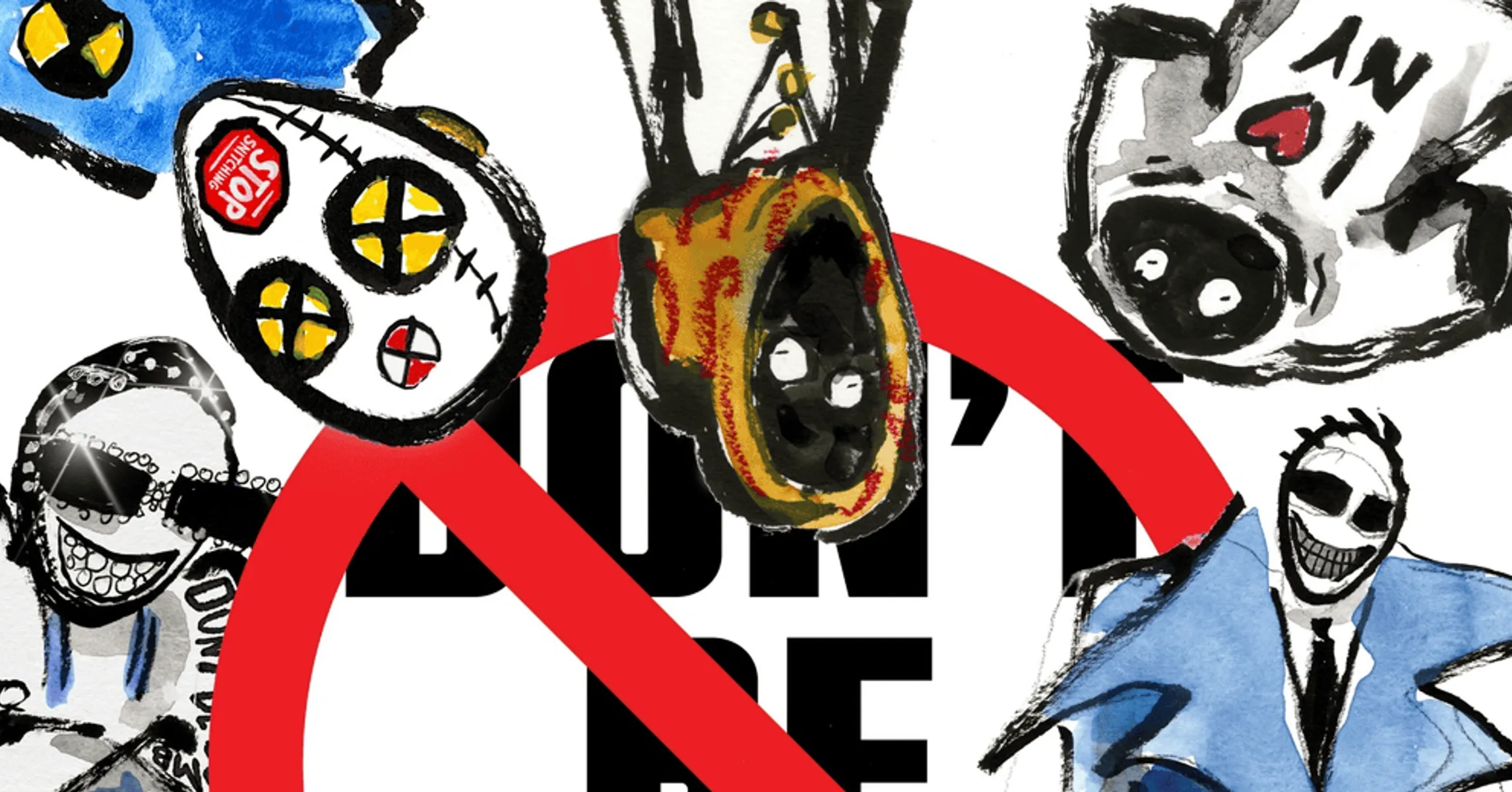
UPDATE: On October 10, 2023, World Mental Health Day underscores the critical message: “It’s OK to not be OK. Reach out. You’ll get better.” This urgent call highlights the often invisible struggle of those living with high-functioning depression, a condition that can mask serious emotional pain behind a façade of productivity.
Many people, including a public mental health professional who has battled major depressive disorder (MDD) for nearly two decades, reveal the hidden challenges of maintaining a seemingly perfect life while grappling with overwhelming sadness. “Some people with depression still get up every day and go to work and ‘seem fine’ on the outside,” says Gregory Scott Brown, MD, psychiatrist with the American Psychiatric Association. “They mask symptoms for a number of reasons, including fear of judgment.”
For those living with high-functioning depression, daily responsibilities can feel like monumental tasks. The emotional toll often translates into physical pain, described as an unbearable weight on the chest. This reality is echoed by many who suffer silently, where symptoms often go unnoticed by friends and family, leading to delayed diagnoses and inadequate support.
The need for awareness is urgent. According to the National Institutes of Health, the risk of recurrence for depression is alarmingly high: 50% after the first episode, escalating to 90% after three episodes. This underscores the importance of ongoing treatment and support.
As highlighted by Veronica Gillispie-Bell, MD, MAS, FACOG, an OB-GYN, the risks of leaving maternal depression untreated can have serious implications, including poor nutrition and increased risk of severe outcomes like suicide. “The benefits of treating depression almost always outweigh the risks,” she states, reinforcing the importance of medication during pregnancy and postpartum.
The onset of the COVID-19 pandemic further complicated the mental health landscape. New mothers faced unprecedented challenges, and many witnessed a resurgence of depressive symptoms as the world began to stabilize. “The antidepressant had lost its effectiveness,” said one individual, illustrating the struggle of adjusting treatment in the wake of new stresses.
As mental health awareness gains traction, it’s crucial to share strategies for managing high-functioning depression. Regular exercise is one effective method for coping, providing a much-needed release and clarity. Additionally, individuals are encouraged to monitor their mental health proactively. “When I start waking up angry or having intrusive thoughts, I reach out to my psychiatrist immediately,” says one advocate.
Taking strategic time off work for mental health is another vital step. “Depression is a serious medical condition,” stresses the advocate, emphasizing the need for workplaces to support mental health days without stigma.
This World Mental Health Day, the message is clear: it is essential to recognize and discuss high-functioning depression openly. Those living with this condition deserve to be acknowledged for their daily efforts to stay well, not just during crises, but in their ongoing battle against an often invisible illness.
As we move forward, let’s commit to creating a dialogue about mental health that goes beyond asking for help. The journey to managing depression is complex, but with the right support and understanding, individuals can find ways to cope and thrive. Share this message to raise awareness and support those who are struggling silently.







